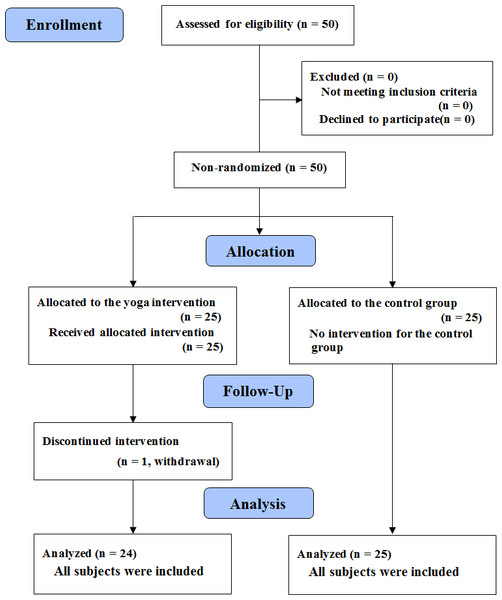Incorporating mindful movement into daily routines is another effective strategy. Activities such as yoga, tai chi, or even simply going for a mindful walk can help individuals with ADHD channel their energy in a constructive way. These activities encourage physical awareness and can enhance focus by promoting a sense of calm and grounding. Engaging in mindful movement allows individuals to connect their mind and body, creating a feeling of balance that can be particularly beneficial for those with ADHD.
For students, creating a distraction-free study environment is essential. Designating a specific area for homework or studying, free from noise and interruptions, can significantly improve focus. Additionally, using tools like noise-canceling headphones or background music can help create an atmosphere conducive to concentration. Short, timed study sessions—often referred to as the Pomodoro Technique—can also be effective. This method involves studying for a set period, followed by a short break, which can help maintain engagement while preventing burnout.
Getting an ADHD diagnosis is often a complex and difficult process. Parents and educators often misinterpret ADHD symptoms as typical childhood traits. Recognizing ADHD early is vital for effective intervention, say specialists. "Early ADHD diagnosis supports better academic and social outcomes," notes Dr. Emily Carter, a psychologist. Behavioral therapy, education plans, and medication are common early interventions for ADHD. Such approaches build coping skills and organization, key to thriving with ADHD.
As more individuals turn to mindfulness as a complementary approach to managing ADHD, mental health professionals are increasingly incorporating these techniques into their treatment plans. Schools are also beginning to recognize the value of mindfulness in the classroom, with programs designed to teach students, including those with ADHD, how to harness these practices for improved concentration and emotional regulation.
Attention Deficit Hyperactivity Disorder (ADHD) affects millions of individuals worldwide, often making it challenging to maintain focus, manage impulses, and regulate emotions. While traditional treatments such as medication and therapy remain crucial, an increasing number of individuals with ADHD are turning to mindfulness techniques to help enhance their concentration and emotional regulation. These practices provide practical strategies to cultivate awareness and focus in daily life, offering a holistic approach to managing ADHD symptoms.
Another essential strategy involves setting
realistic and achievable goals. Individuals with ADHD may often feel overwhelmed by larger tasks, leading to procrastination or frustration. By breaking down these tasks into smaller, more manageable segments, individuals can
cultivate a sense of accomplishment and motivation. This approach not only fosters productivity but also enhances self-esteem, which can sometimes be negatively impacted by the challenges associated with ADHD.
Another beneficial mindfulness technique is the body scan, which encourages individuals to mentally check in with different parts of their bodies. By paying attention to physical sensations, individuals can foster a deeper connection to their bodies and emotions, ultimately helping to regulate their responses to stress and anxiety. The body scan can serve as a grounding exercise, allowing individuals to pause and refocus when feeling overwhelmed.
Mindfulness, at its core, is the practice of being present in the moment without judgment. This can be particularly beneficial for those with ADHD, as it encourages individuals to redirect their attention away from distractions and cultivate a greater understanding of their thoughts and feelings. Recent studies indicate that mindfulness can lead to improvements in attention span, emotional regulation, and overall well-being among individuals with ADHD.
In conclusion, mindfulness techniques offer a valuable tool for individuals grappling with the challenges of ADHD. By promoting awareness, focus, and emotional balance, mindfulness practices not only enhance daily functioning but also empower individuals to lead more fulfilling lives. As research continues to unveil the benefits of mindfulness, it is clear that these techniques can serve as a beacon of hope for those navigating the complexities of ADHD.
Mindfulness Techniques and Their Benefits
Mindfulness techniques involve cultivating a state of awareness, often through practices such as meditation, deep breathing, and body scans. "Mindfulness fosters reflection, helping
ADHD lifestyle changes individuals manage impulsivity," says Dr. Sarah Thompson, a clinical psychologist.
One of the most effective coping strategies for individuals with ADHD is the establishment of a structured routine. Consistency can provide a sense of stability, helping individuals to navigate daily tasks with greater ease. Creating a daily schedule that includes designated times for work, leisure, and self-care can help in minimizing distractions and enhancing focus. Visual aids, such as calendars or planners, can also serve as reminders and assist in breaking tasks down into manageable steps.
